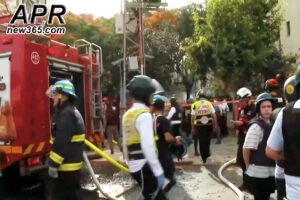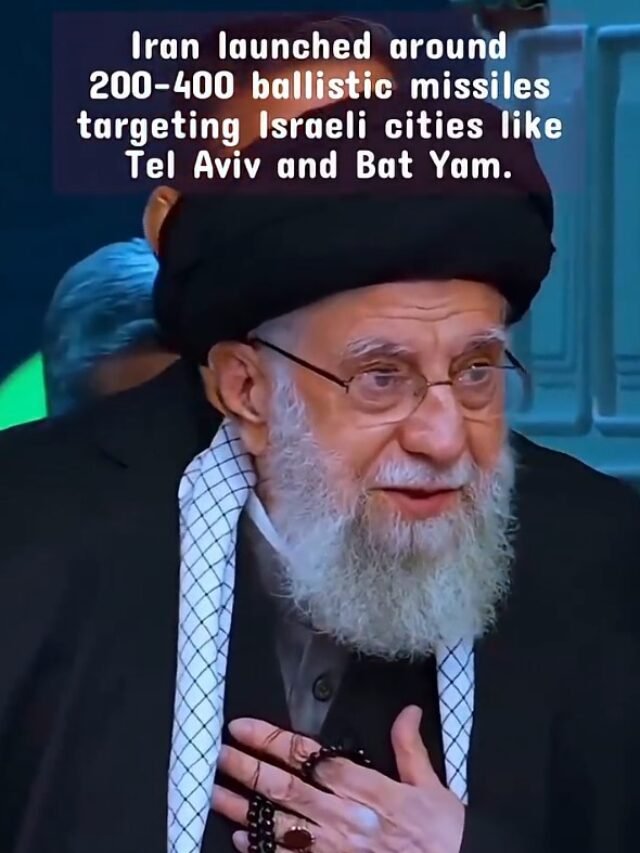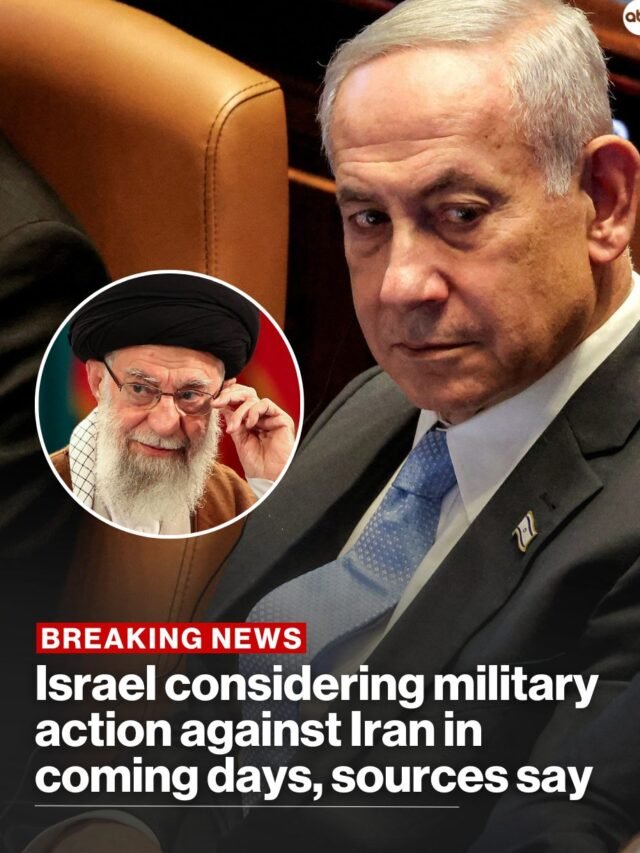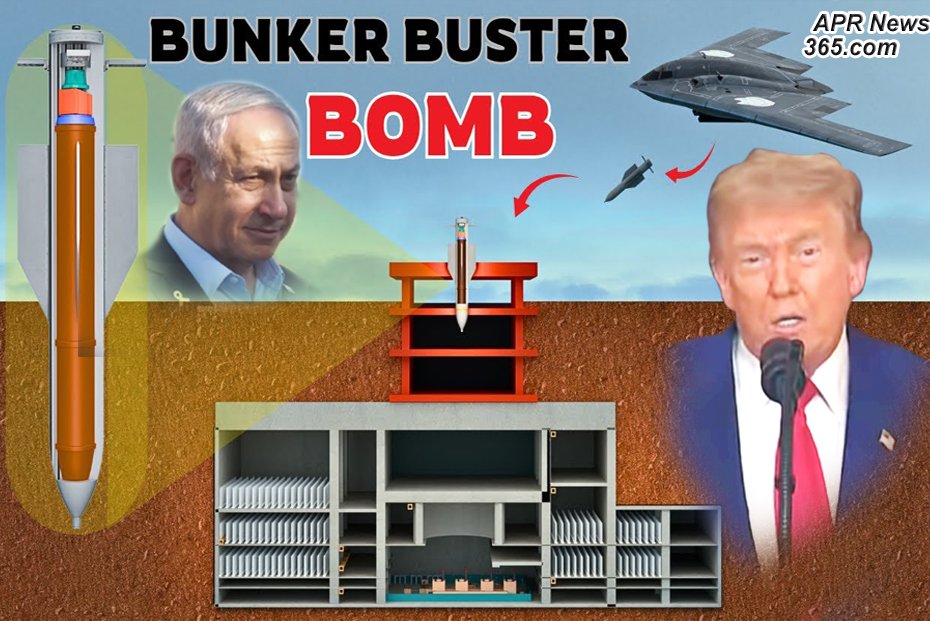US strikes, Iran nuclear facilities, world leaders reaction, Middle East conflict
Iran v/s Israel & United States War
How World Leaders Are Reacting to the US Strikes on Iran’s Nuclear Facilities
The recent US strikes on Iran’s nuclear facilities have sparked reactions from leaders across the globe. As tensions rise in the Middle East, many countries are calling for calm, urging diplomacy, and expressing concern over the growing threat to international stability.

United Kingdom: Urging Diplomacy
The UK’s Foreign Secretary, David Lammy, expressed deep concern about the escalating conflict. In his statement, Lammy called on Iran to exercise restraint and emphasized the importance of finding a diplomatic solution to resolve the crisis. He made it clear that the UK was not involved in the US military action. Prime Minister Keir Starmer also voiced his concerns, labeling Iran’s nuclear ambitions as a serious threat to global security. He encouraged Iran to return to the negotiating table and seek peaceful resolutions rather than confrontation.
France: A Firm Stance on Non-Proliferation
France responded with caution, highlighting its consistent opposition to nuclear weapons in Iran. Foreign Minister Jean-Noël Barrot stated that France had observed the US strikes with concern and reiterated that it had no role in the operation. France remains committed to a diplomatic path, advocating for negotiations under the Non-Proliferation Treaty framework. Barrot affirmed that France stands ready to work alongside its international partners to achieve a long-term solution.
Germany: Pushing for Immediate Talks
The German government held emergency consultations following the strikes. According to government spokesperson Stefan Kornelius, Chancellor Friedrich Merz and his security team are in close contact with European and American allies to determine next steps. Merz urged Iran to engage in immediate discussions with the US and Israel, emphasizing that diplomacy is the only viable solution to prevent further escalation and safeguard peace.

China: Condemning the US Strikes
China took a strong position against the US action. A spokesperson for the Chinese Foreign Ministry condemned the strikes, accusing the US of violating international law and worsening tensions in the region. The Chinese government emphasized that Iran’s nuclear facilities were under the supervision of the International Atomic Energy Agency (IAEA), and such attacks undermine global non-proliferation efforts. China appealed for a ceasefire, especially from Israel, and called for renewed dialogue. It also offered to work with the global community to restore peace and stability in the Middle East.

Japan: Calling for De-Escalation
Japan’s Prime Minister, Shigeru Ishiba, highlighted the urgent need to de-escalate the situation. Speaking to reporters in Tokyo, Ishiba noted that while de-escalation is crucial, the world must also ensure that Iran does not develop nuclear weapons. Japan continues to monitor the situation with growing concern and stands ready to support efforts aimed at restoring peace through diplomatic channels.
European Union: A Voice for Stability
The European Union’s top leaders echoed calls for restraint and dialogue. Ursula von der Leyen, President of the European Commission, stressed the importance of stability and the need to respect international law. She urged Iran to engage sincerely in diplomatic efforts to resolve the crisis. European Council President Antonio Costa voiced deep alarm at the developments and warned of the danger to civilian lives if the conflict escalates. Both leaders reaffirmed the EU’s commitment to working with all sides to promote a peaceful resolution.











Pingback: US Vs Iran 2025: Massive Bombs, Nuclear Targets & World In Fear